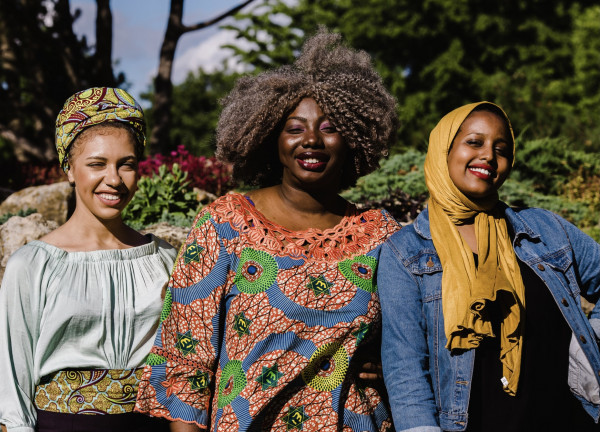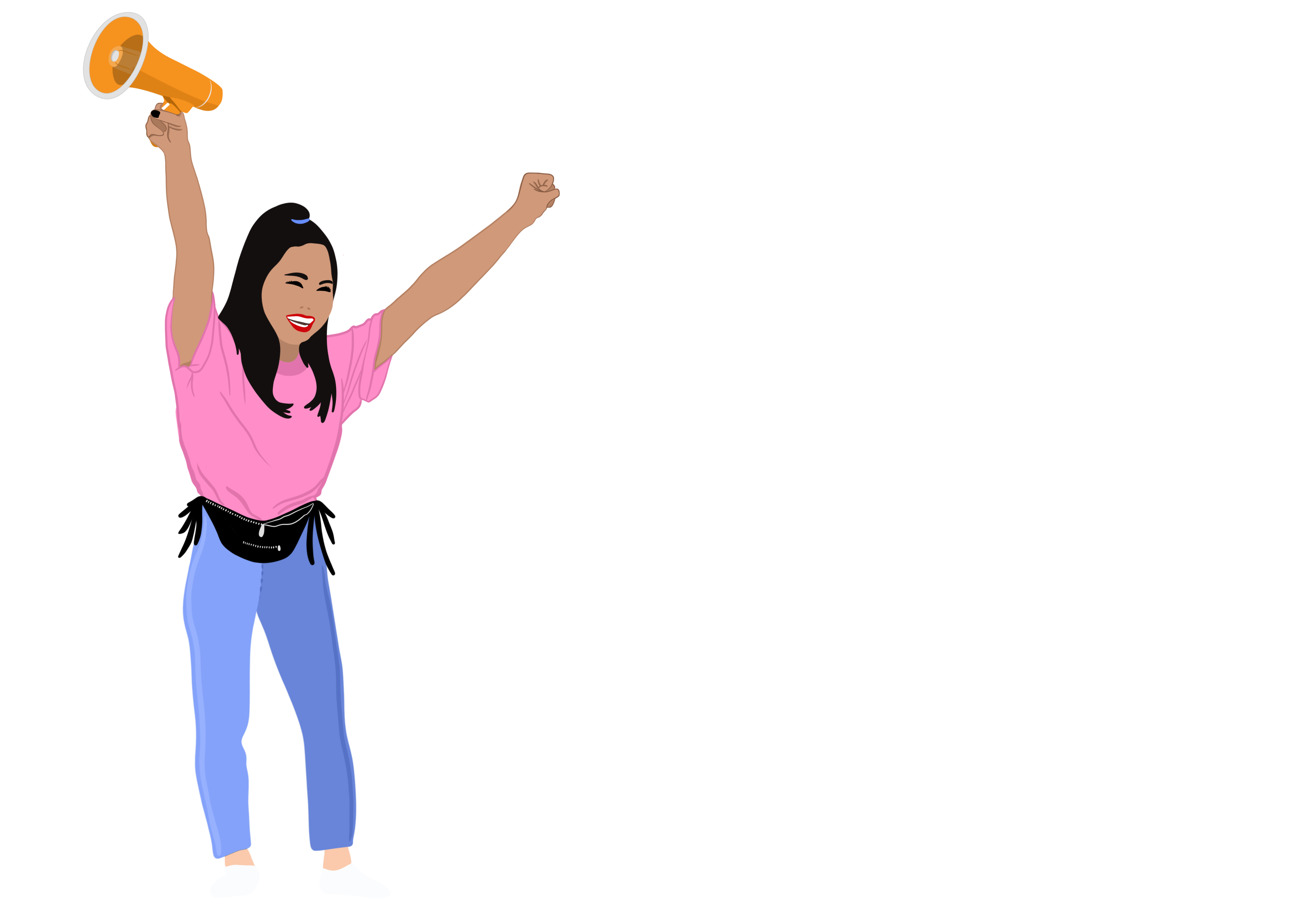
Today, March 8th, is International Women’s Day. Needless to say, it is the day that we take a moment to look at the progress we’ve made for women’s rights and gender equality — but equally importantly, to take a look at how far we still have to go. And especially for young women, the fight for equality is far from over. This year’s theme is Women’s Leadership in Times of COVID. One of the sectors where women’s leadership is booming, but also still faces significant challenges for gender equality, is entrepreneurship. For exactly that reason, I interviewed two young women from Nigeria and Jordan about their experiences as leaders in their field.
Journey
I spoke to Adenike Adeyemi of Nigeria, Executive Director and CEO of the Fate Foundation, and Noor Abu Jbara of Jordan, Founder of SHEE (Social Human Economic Empowerment) Jordan. Both organizations have a significant focus on women’s economic empowerment. The Fate Foundation, which supports aspiring emerging young entrepreneurs to start businesses, reserves at least 50% of its incubator plans for women-led startups. SHEE, which offers personal development, consultation, mentorship and training courses to young entrepreneurs in Jordan, specifically targets women-led startups too, based on the conviction that personal and social empowerment is essential to reach full economic empowerment.
Challenges
Both organizations are trailblazing examples of women’s economic empowerment. But their success did not come without its challenges. “In Nigeria, while the private sector is on a great track towards gender equality in the sector and leadership roles, the public sector still has a lot of work to do. Nigeria’s two largest firms are women-led, but about 10% of public sector jobs are filled by women. That’s problematic. Through our entrepreneurial programs, we amplify women’s skills for management and leadership, so that they are also qualified for public positions. That way, women are empowered to claim a space for themselves and move our society toward gender parity.”
“We need to make sure that women also have the means and skills to invest back in their societies. That way they can feed back into their sector and help it flourish.”
Social norms, such as women belonging in the household, seem to be among the most pressing challenges for their entrepreneurial development. “Women in Nigeria are known to spend over 80% of their income on family-related matters,” Adenike mentions, “so we need to make sure that women also have the means and skills to invest back in their societies. That way they can feed back into their sector and help it flourish.”
COVID-19
Noor mentions similar challenges in the Jordanian context, worsened by the ongoing pandemic. “In some areas of Jordan, social norms often don’t allow women to expand their work area beyond the home. Family responsibilities and an imbalance between work and life stop women from focusing on their businesses. That also counts for control of money: there are cases where a husband forces the woman to work, and then takes her salary.” For some rural women, the divide is even larger. “I see a big segmentation between the urban and rural when it comes to women’s entrepreneurship. Decision-making processes, access to information, ICT literacy, infrastructure… those are top priorities if you want to kickstart rural women’s autonomous entrepreneurship.”
And the effects of the pandemic aren’t limited to work life. “I’m a mother, a wife, a daughter, a sister. You always try to keep a work-life balance. Especially now with homeschooling, it’s been tough to maintain that balance. My husband and I are a real team, we’ve divided the tasks at 50% with the kids at home. But still, at 50/50, it’s challenging, because the work at the Foundation still needs to be done. I can tell that my mental health takes a toll sometimes. I’ve been trying to get myself to say no more often, to prioritize, and above all, share my challenges. It’s good to be vulnerable. It’s my mission to ensure a safe space at my organization and make sure everyone feels at liberty to share.”
The future of women’s leadership
“In order to work on inequality, you have to work on the mentality.”
When asked about their visions on the future of female leadership, Adenike and Noor are unanimous. Bright. “It's growing, there's a movement of independence and diversity,” Noor mentions. “You can see a lot of start-ups that are led by women or have women on the founding team. It's not so much about the awareness of society, that's not changing for another fifty years, probably.” But the economy is forcing society to understand that women need to work, need to generate money, and participate. “We can’t run an economy on half its workforce. It forces women to engage more, and it's a growing movement. It’s visible in entrepreneurship, too: many people lost their jobs during the pandemic, and now even women are trying to find other options for themselves. Including first-time formal employment. In order to work on inequality, you have to work on the mentality.”
Adenike echoes this. “Businesses start from a need. Women entrepreneurs produce the products that they see a need for themselves. In that way, they are directly helping the economy move through impact-driven business. And we’re increasingly seeing women be better leaders. I don’t believe that women are bad leaders. Women before me have always enabled me, they have shaken me when I needed to be shaken. If you ask me, women’s leadership is going to be a defining factor in the course of the economy.”
So the message is clear. The future of women’s leadership in entrepreneurship is bright, but not without hurdles. And definitely not without everyone’s support. That includes men and boys. This IWD, take a look inward and ask yourself: how can I use my position for more, more equal, and more sustainable female leadership?
This blogpost was written by our Youth Ambassador for Sexual and Reproductive Health and Rights, Gender Equality and Bodily Autonomy, Lisa de Pagter. To get in touch, please reach out to roos@choiceforyouth.org or find Lisa on Twitter and Instagram at @youthambassadorsrhr for more content!




 Previous News article
Previous News article